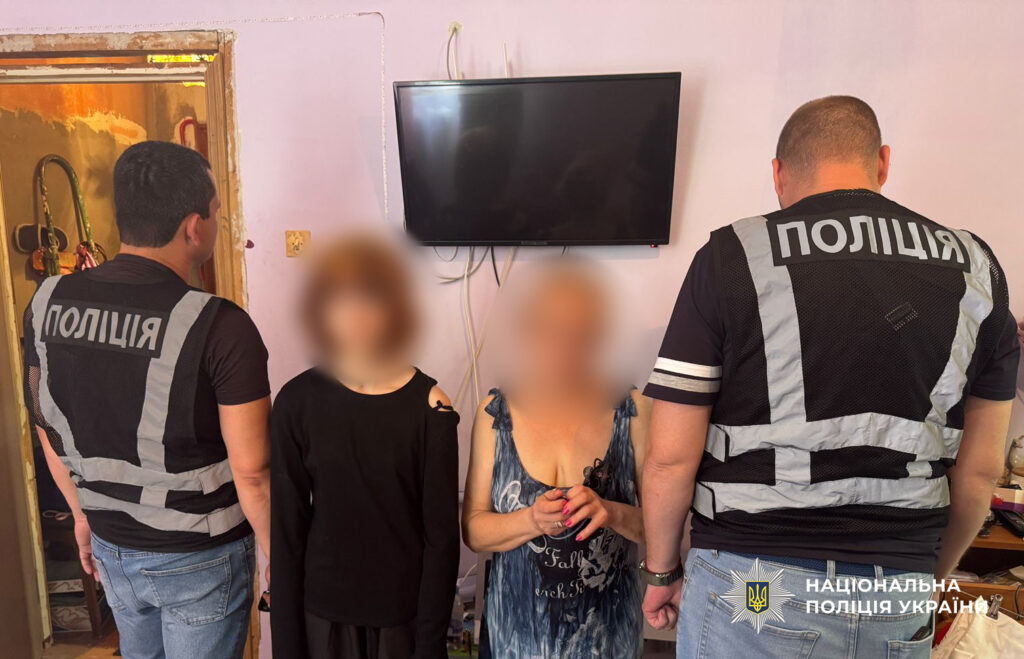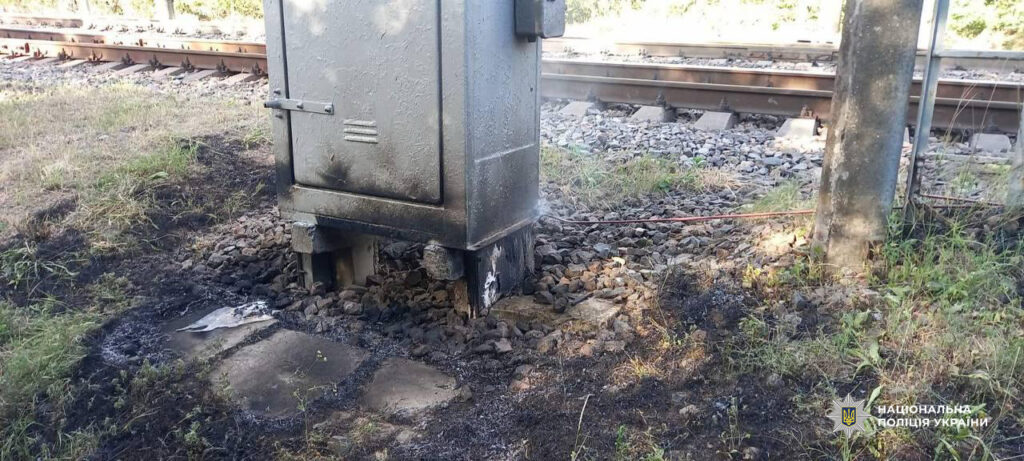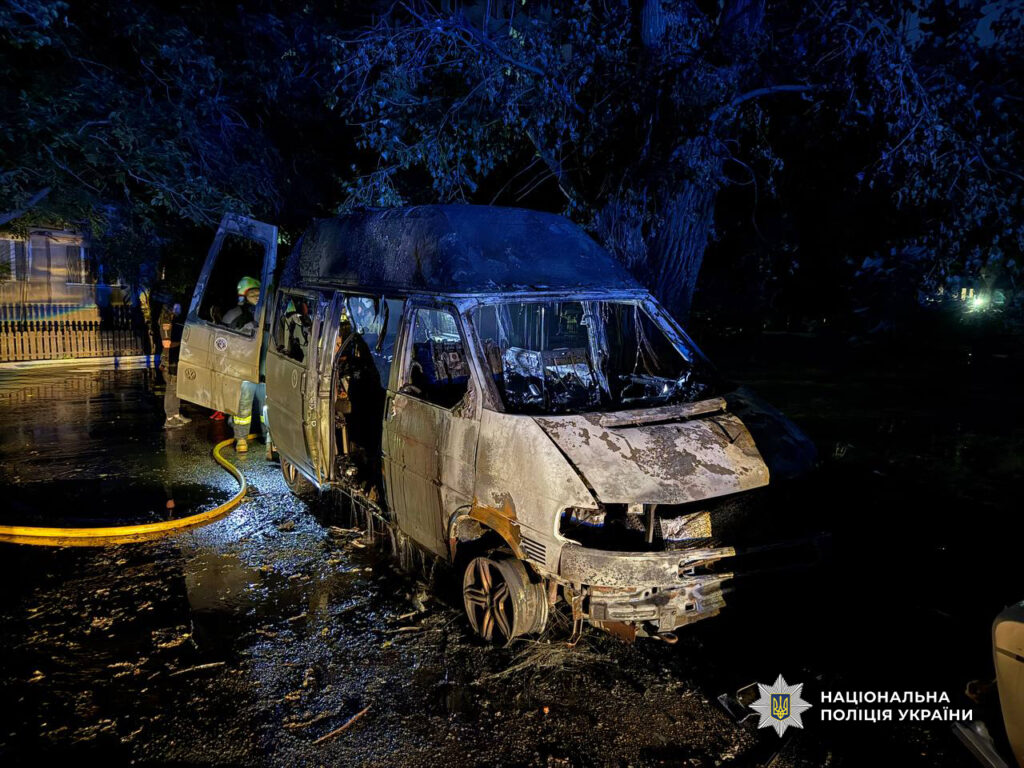Russian intelligence paid Ukrainian teenager and her mom for arson attacks in Odesa

Police and Security Service of Ukraine (SBU) operatives have detained a mother and her 13-year-old daughter in southern city of Odesa for conducting arson attacks on Ukrainian military infrastructure under direction from Russian intelligence services.
Russian intelligence services have systematically recruited Ukrainian civilians, including minors, to conduct domestic sabotage operations since the full-scale invasion began in February 2022.
Russian operatives target financially struggling Ukrainians through social media and encrypted messaging apps with promises of easy money. Teenagers, displaced families, and people facing economic hardship become prime targets. What do they get paid? Several hundred to several thousand dollars, typically transferred through cryptocurrency to avoid detection.
The assignments rarely vary. Burn military vehicles. Film the destruction. Send proof for payment. Ukrainian authorities report that vehicle arson represents the most common task given to recruited civilians.
Why use locals instead of professional saboteurs? Russian intelligence gets better operational security and propaganda value when Ukrainians attack their own military infrastructure. The footage serves dual purposes—actual damage and demoralization campaigns.
The case began when the minor was recruited through a messaging application, according to investigators.
Her assigned role involved coordinating target selection with her Russian handler and providing video documentation of completed attacks as proof of execution.
Law enforcement officials established that in early July, the teenager doused a railway relay cabinet with flammable liquid and set it ablaze. The relay cabinet belonged to Ukrainian Railways infrastructure.

Several days later, the girl received instructions to target a Volkswagen vehicle owned by a female Ukrainian service member. The car had been used at the front lines for evacuating wounded soldiers, investigators determined. Facing this more complex assignment, the teenager approached her 58-year-old mother for assistance.
Rather than declining to participate, the woman agreed to join the operation. The pair carried out the vehicle arson during nighttime hours in the regional center, using similar methods to their previous attack.


Ukrainian prosecutors have classified the actions as attempted sabotage committed during martial law and obstruction of Armed Forces operations during the special period. The adult defendant faces charges under the latter statute, which carries a maximum penalty of eight years imprisonment, according to the prosecutor’s office.
The minor has been transferred to custody and guardianship authorities rather than facing criminal prosecution due to her age. Compulsory educational measures may be applied in her case, officials stated.
Earlier, Ukrainian law enforcement reported that Russian intelligence is conducting a covert sabotage campaign across Ukraine and Europe by recruiting vulnerable individuals, especially elderly Ukrainians, through deceptive phone calls and messaging apps like Viber.
They impersonate Ukrainian security officials, such as the Security Service of Ukraine (SBU) or police, to blackmail pensioners with fabricated charges—like alleged collaboration for buying Russian-made medicines—and coerce them into carrying out sabotage tasks or paying money.
Similar recruitment tactics are used in European countries, including the Baltic states, where operatives lure locals with money or blackmail, treating them as expendable pawns.
